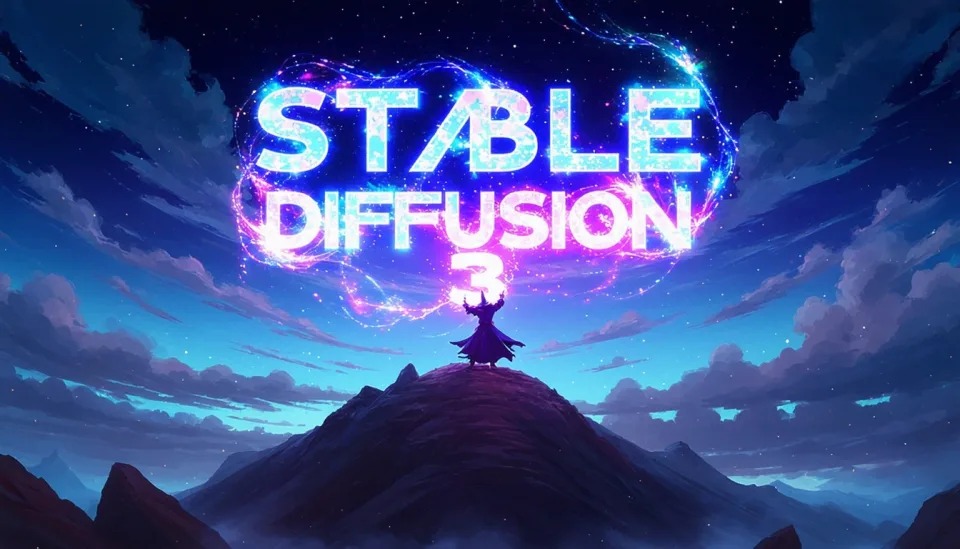The meteoric rise of artificial intelligence continues unlocking revolutionary potential across industries. One captivating capability that has recently emerged is AI-powered image generation – translating text prompts into stunning visuals with unparalleled realism and creative extrapolation.
However, as underscored by Google’s apparent misstep in unveiling its Imagen AI art tool, we must thoughtfully navigate inevitable ethical concerns surrounding responsible and inclusive model development. Let’s analyze the underlying issues, origins, and proactive pathways forward.
Examining Risks of AI-Synthesized Visual Content
While visually spellbinding, unchecked AI image generation poses several risks:
- Truth Distortion & Manipulation: Inaccurate or biased outputs spread misinformation, sway opinions on socio-political issues.
- Identity Theft via Deepfakes: Creating fake personalized photos and videos ruins reputations and enables criminal deception.
- Perpetuating Historical Prejudice: Models can amplify outdated societal stereotypes leading to discriminatory representations.
Peeling Back Complex Causal Layers
Upon deeper analysis, these challenges link back to multiple interconnected factors:
- Training Data Limitations: Biased datasets directly skew model understanding of inclusive portrayals.
- Insufficient Contextual Comprehension: Algorithms lack nuanced sociocultural understanding to accurately depict complex human themes.
- Inadequate Ethical Safeguards: Unmonitored systems enable problematic outputs to be widely disseminated.

Learning Responsible Development Lessons
In pulling its Imagen demo to reinforce guardrails, Google exemplified accountable AI practices. Purposefully slowing progress to enhance protections builds public trust.
This temporary suspension enables retraining models on more diverse inputs, implementing oversight protocols, and educating users on responsible usage – crucially important before further deployment.
Moving Forward Through Cross-Disciplinary Collaboration
Steering AI image origination toward ethical growth requires a concerted effort spanning technology, policy, and public spheres:
- Prioritizing Training Data Diversity: Ensuring representative datasets minimizes biased inferences.
- Enhancing Algorithmic Transparency: Publishing model mechanics and accuracy metrics builds understanding.
- Crafting Proactive Policies: Regulations reinforce guardrails aligned to societal values.
- Launching Public Awareness Campaigns: Broad outreach counters misinformation risks and builds media literacy.
Share Your Vision for Responsible AI Progress
In summary, realizing AI’s creative potential requires careful navigation of ethical risks through collaborative effort. What role do you see different stakeholders playing? What other concerns or solutions come to mind? Please share your ideas below!










Add Comment